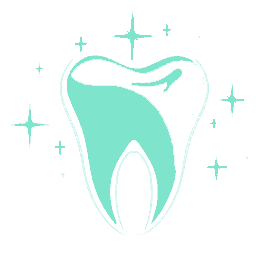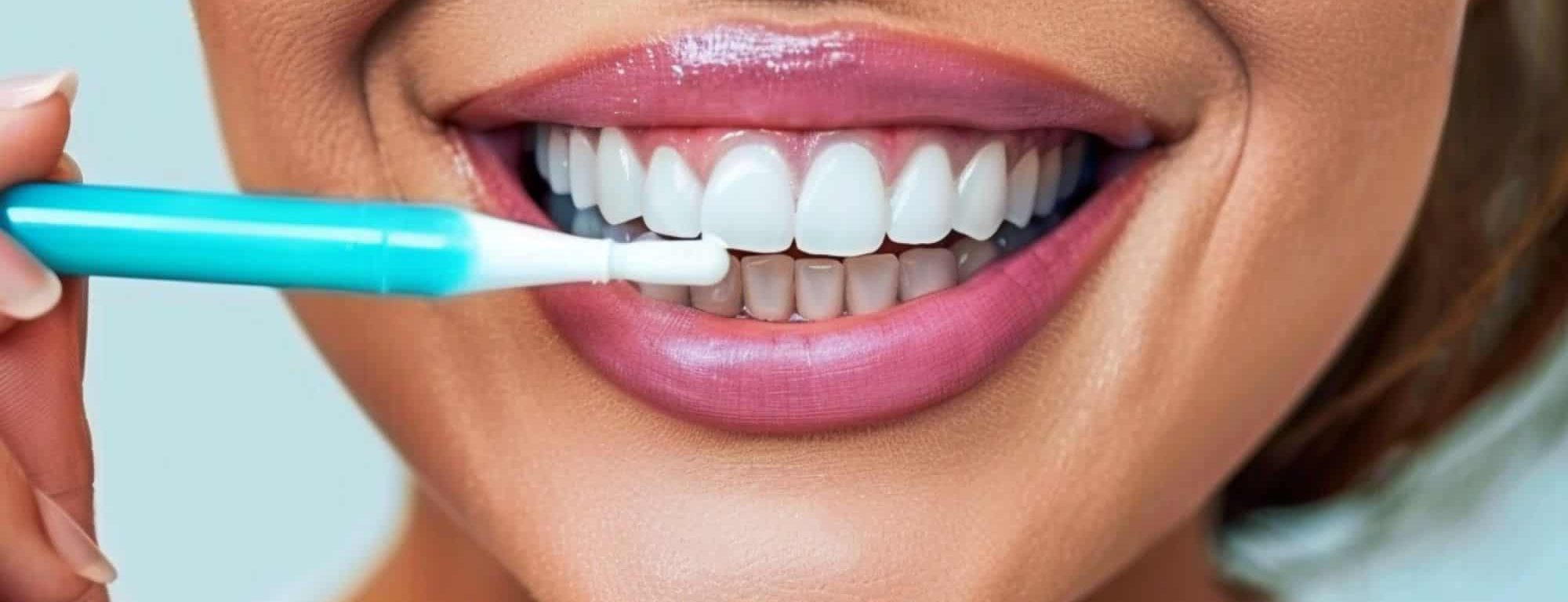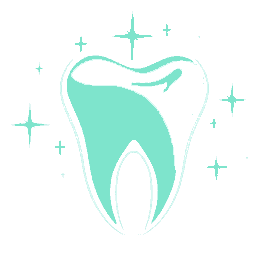In our quest for quick cosmetic solutions, teeth-whitening pens have emerged as popular tools for brightening smiles on the go. But the pressing question remains: Are teeth-whitening pens safe? These slim, portable devices are designed to apply a whitening gel to your teeth effortlessly. In this blog, we’ll delve into what teeth-whitening pens are, how they function, and start to explore the crucial aspects of their safety and effectiveness.
What Are Teeth Whitening Pens?
Teeth whitening pens are small tubes that look a lot like regular pens, but instead of ink, they contain a special gel that whitens your teeth. This gel usually has ingredients like hydrogen peroxide or carbamide peroxide. These chemicals help in breaking down and removing stains from the surface of your teeth, giving you a whiter smile.
How Do These Pens Work?
Using a teeth-whitening pen is pretty simple. You just twist or click the bottom of the pen to get the gel out, then brush it onto your teeth with the soft tip applicator. It’s like painting your teeth white! You leave the gel on your teeth for a few minutes as directed, usually around 15 to 30 minutes, and then you rinse your mouth or just avoid eating and drinking for a bit.
The gel works by releasing oxygen molecules from the peroxides, which then bond with the stained molecules on your teeth. This breaks the stains apart, making your teeth look cleaner and brighter. However, the results you get from these pens can vary. They are best for removing recent stains from things like coffee or wine and might not work as well on older or deeper stains.
They are best for removing recent stains from things like coffee or wine…
This quick and easy approach to teeth whitening is why these pens have become so popular. They’re great for touch-ups on the go, especially if you have a busy lifestyle. But just because they’re convenient doesn’t mean they’re the best solution for everyone or every type of tooth stain.
Are Teeth Whitening Pens Really Safe?
When it comes to brightening your smile, safety should always come first. Teeth-whitening pens sound like a dream solution for those quick touch-ups, but are they really safe?
FDA and Cosmetic Classification
First things first, it’s important to know that teeth-whitening products, including whitening pens, are classified as cosmetics by the FDA. This means they are not subjected to the same rigorous testing that drugs undergo.
However, the FDA does monitor these products for safety once they are on the market. This doesn’t mean they’re unsafe, but it does mean you should use them carefully and follow the instructions provided.
Chemical Risks
The main ingredients in most teeth-whitening pens are hydrogen peroxide or carbamide peroxide. These chemicals are effective at whitening teeth, but they can also be harsh. Incorrect use can lead to problems like gum irritation or even chemical burns if the gel is applied too liberally or left on for too long.
Enamel Damage
Another concern is the potential damage to your tooth enamel. These whitening agents can sometimes erode the enamel, especially with frequent use. This erosion can make your teeth more sensitive to hot and cold foods and drinks, which can be quite uncomfortable.
Dental Professionals’ Advice
Many dentists in Buffalo agree that teeth whitening pens can be safe when used correctly. They recommend that you:
- Always follow the product instructions.
- Use the whitening pen sparingly, especially if you have sensitive teeth.
- Check with your dentist before starting any whitening treatment, particularly if you have a history of dental issues.
NOTE
Teeth whitening pens are convenient but are not a one-size-fits-all solution. They work best for people with generally healthy teeth and gums who are looking to brighten their smile rather than fix more serious coloration issues.
Common Side Effects of Teeth Whitening Pens
Teeth whitening pens can help you achieve a brighter smile, but it’s important to be aware of the side effects that can come with their use. Knowing what to expect can help you decide if this method is right for you.
Tooth Sensitivity
One of the most common side effects of using teeth whitening pens is increased tooth sensitivity. This happens because the whitening agents, like hydrogen peroxide, can sometimes irritate the nerves in your teeth. If you already have sensitive teeth, this could make the sensitivity worse. To minimize this risk, try using the pen less frequently or look for products specifically designed for sensitive teeth.
Gum Irritation
Another side effect to watch out for is gum irritation. This can occur if the whitening gel comes into contact with your gums for a prolonged period. The chemicals in the gel are meant to act on tooth enamel and are not safe for soft tissues like your gums. If you experience gum irritation, make sure you are applying the gel carefully, avoiding your gums as much as possible.
Short-term Discomfort
Some people may experience minor discomfort or tingling sensations immediately after applying the whitening gel. This is generally short-lived and should subside once you rinse your mouth. However, if the discomfort persists, it might be a sign that you should adjust how you use the product or consult with a dentist in Buffalo.
Long-term Dental Health Issues
With frequent and prolonged use, there is a risk of more serious side effects, such as enamel erosion or even permanent tooth damage. These outcomes are rare but possible if whitening pens are misused over a long period. Always follow the manufacturer’s guidelines and talk to your dentist about the best practices for safe use.
Using teeth whitening pens involves a balance between achieving the aesthetic results you want and maintaining good oral health. By understanding and managing these side effects, you can better protect your teeth and gums.
Frequently Asked Questions
When considering the use of teeth-whitening pens, many people have questions about their safety. Here are answers to some of the most common questions to help you make an informed decision:
Are teeth whitening pens safe for daily use?
Teeth whitening pens are safe for occasional use, but daily application is not recommended, especially without consulting a dentist in Buffalo. Frequent use can lead to tooth sensitivity and gum irritation due to the chemicals in the whitening gel.
Can teeth whitening pens damage my gums?
Yes, if the whitening gel frequently comes into contact with your gums, it can cause irritation and even chemical burns. To minimize this risk, apply the gel carefully and avoid the gum area as much as possible.
Are the ingredients in teeth whitening pens safe?
The primary active ingredient in most teeth-whitening pens is hydrogen peroxide or carbamide peroxide. These chemicals are generally safe for use on teeth but should be used according to the manufacturer’s instructions to avoid potential side effects.
Can I use a teeth whitening pen if I have sensitive teeth?
If you have sensitive teeth, it’s important to be cautious with teeth-whitening pens. Consider looking for products specifically designed for sensitive teeth or consult with your dentist for a recommended product that may be milder and less likely to cause discomfort.
How long should I wait to eat or drink after using a teeth whitening pen?
It’s usually advised to avoid eating or drinking anything for at least 30 minutes after using a teeth-whitening pen. This allows the gel to fully act on your teeth without being washed away or diluted.
Are there any long-term effects of using teeth whitening pens?
While occasional use is generally safe, long-term use of teeth-whitening pens can potentially lead to enamel erosion or permanent tooth sensitivity. It’s advisable to use these products under the guidance of a dental professional.
What should I do if I experience pain or severe sensitivity after using a teeth whitening pen?
If you experience severe discomfort or pain after using a teeth whitening pen, discontinue use immediately and consult your dentist. They can provide treatments to mitigate the sensitivity and recommend safer alternatives if necessary.
Conclusion
Teeth whitening pens are popular for a quick, convenient smile enhancement. However, use them wisely and follow instructions to avoid harm and achieve the best results. Consult a Buffalo dentist if you have concerns or pre-existing dental conditions. Remember, a healthy smile is paramount. Consider your overall dental health and explore safe and effective options before using any whitening product.


